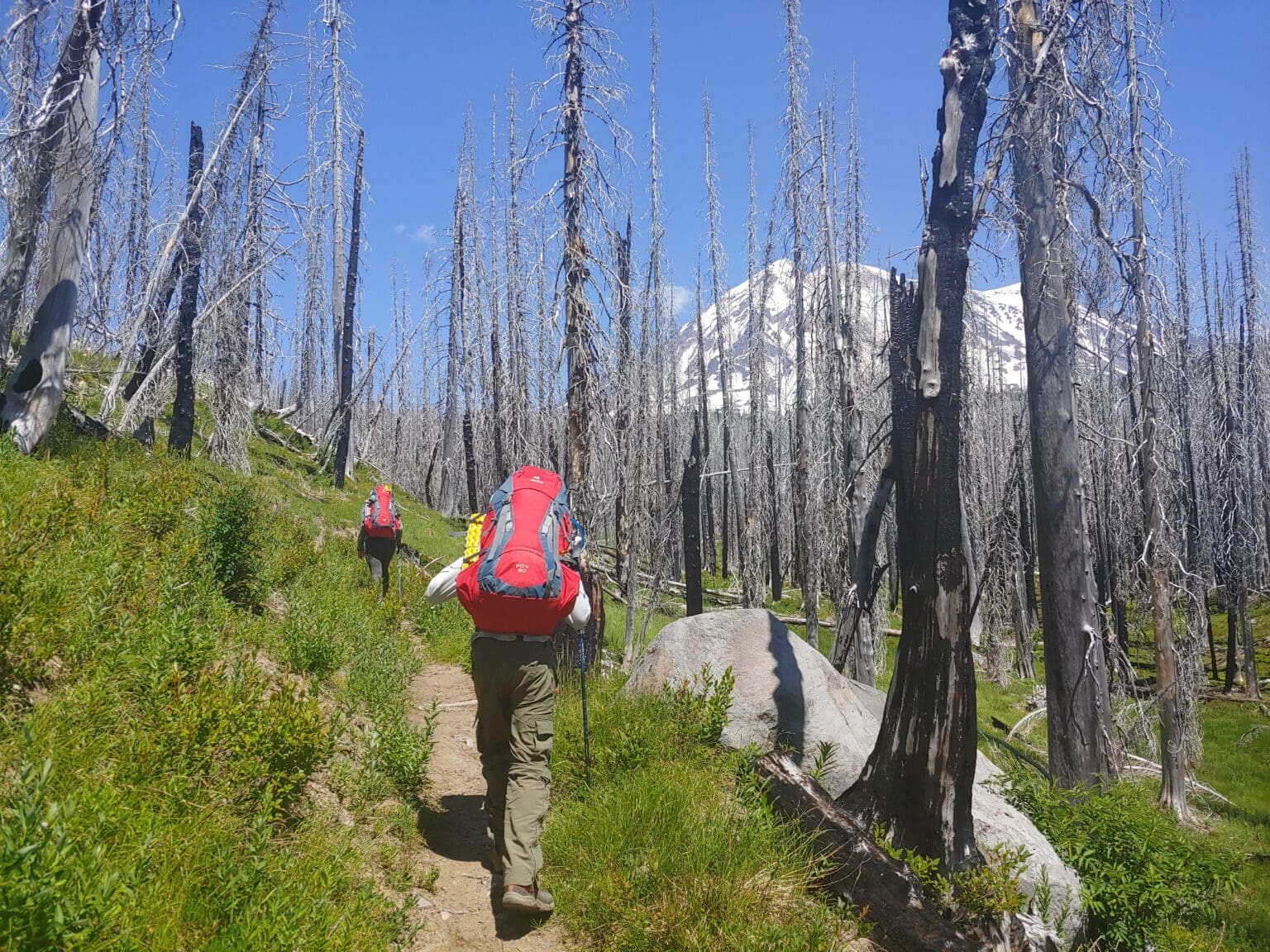Over the last several years, my family and I have been section hiking the Washington portion of the

Already a subscriber?
Unlock the paywall!
Get 24 hours of unlimited digital access to CascadiaDaily.com for just $1 with our new Digital Day Pass



